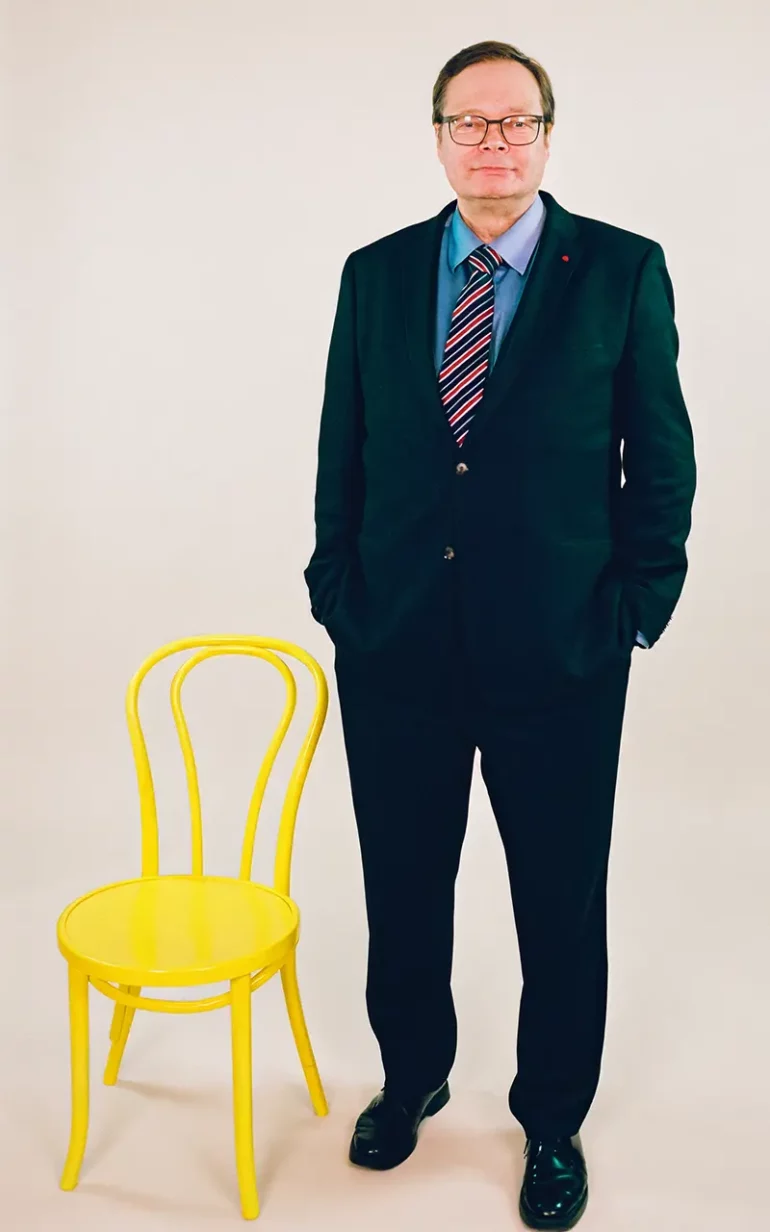
Interview with Jouni Mölsa
In the wake of the Russian war of aggression, Finland faces unique challenges as a country sharing a border over 1300 km long with Russia. While acknowledging the seriousness of the situation in Europe, the Finnish perspective extends beyond the immediate threat, emphasizing their status as a highly developed nation. Jouni Mölsa, former head of communications for the president of the Republic of Finland and director general of communications at the Ministry for Foreign Affairs who today is a leading expert at the Finnish Change Agency Ellun Kanat delves into the impact of the war.
Mr. Mölsa, how does the Russian war of aggression affect the Finnish population, and the way of doing politics?
Of course, the situation in Europe is serious and people are worried. But Finland is more than just a border with Russia. We are a highly developed country, member of the EU and NATO and our people have hopes and aspirations. We are not constantly thinking about the Russian threat. But of course, we are cautious since unrest has quite often come from the east and we know that Russia can behave aggressively. Yet, there have also been other periods in the history when trade cooperation was at a good level and the general relationship was friendly. So, this is just a bad period and let’s hope that there will be better times soon.
How does the war affect the media reporting in Finland?
There is constant monitoring about Russia, to a level that I would call worry journalism. Afternoon tabloids report almost everything that Putin says or does. And I have started thinking: Is this too much? Are we falling into the Russian information trap by reporting everything that goes on? Because quite a lot of what the Russian higher echelon releases aims to create unrest and anxiety in our Western societies.
How is foreign policy communicated before and after the invasion?
The question that has been asked often is how was Finland able to change its security policy position so quickly and become a member of NATO? But since the 90s there has been a slow process that for instance brought Finnish Defence Forces closer to NATO standards. I think that already seven years ago, the Finnish Defence Force was technically compatible with NATO systems.
And how did the Finnish citizens feel about joining the NATO?
Our society is based on the Western value system. The influence of Russia on us has fluctuated over the years, but Finland has always mentally looked to the west. Now, when the situation changed because of Russia’s actions, Finns had to think how to adapt to the new situation when Russia showed its evil side and proved that it is willing to attack its neighbors. So, being a Western value-based society and EU member, becoming a NATO member actually is a very logical step for Finland. I would like to point out that Finland has a very capable Defence Force and is responsible for its defence even in NATO. We feel that we are contributing to the NATO-table, not just taking.
Has your job as public affairs adviser changed since the Russian invasion?
There are sanctions, there are processes of withdrawal from Russia and other kinds of issues on our customers table. But basically, we are talking about strategic decisions, how to formulate them and how to create these narratives. So technically speaking, not much has changed. But of course, my view to the situation is different now.
What do you recommend to the EU and what to NATO in terms of modifying the communication towards the citizens in their member states?
Do you know why flight attendants wear uniforms? It is because in A time of crisis, people need to be led. And I think it is very important for us that governments, NATO and the EU explain tirelessly why they are doing what they are doing. At times like these, societies need guidance and communication, just as flight attendants advise passengers in an emergency. Explaining actions and encouraging debates on the future of Europe, publicly. What do we want Europe to look like in 20 years’ time? We humans build the societies and decide quite a lot of what they will become. Our individual ideas and aspirations shape constitutions, laws and parliaments. Therefore, I think organizations should stop talking only at a higher and intellectual level, because citizens also need to understand what is at stake.
What would you recommend to Germany in particular, also in terms of communication?
Germany is the most powerful country in Europe and it is a leading nation in the EU. At a time like this Germany cannot turn inwards, and Germany needs to know what it wants from Europe, now and in the future. And I hope it can encourage all countries to see that we simply cannot accept the Russian aggression. Russia continues to violate rules, agreements and negotiations, which puts Europe’s credibility and future at risk. Therefore, EU countries should be helping each other and defending fundamental values in order to create societies that can live life to the full and give them the opportunity to become what they want to become.
Our democracies are under pressure now by this aggression, and it is up to us to have a clear position on this and give the right answers to Russia so that they understand that we also fight for our values?
Putin thought that the West was too weak to defend itself because it looked to him that our societies were disintegrating from within. Right-wing parties are gaining support all over Europe. And it is understandable that in a time of high anxiety such parties, which talk about strong authorities and strict controls gain popularity. It is part of democracy that this kind of fluctuations can occur. But is this the future that we really want? Our government is put under so much pressure that it is polarizing.
The US Congress for example has for many years been in a situation where compromise is impossible. Questions that actually should be decided by members of Congress, who are elected by the people, go to the courts and are decided by judges. That is not how a democratic system was supposed to work.
We have a slightly different system in Europe with multi-party governments and parliaments. But for these societies to work, there have to be informed citizens. There have to be free and fair elections. There have to be institutions like parliament, government and the judiciary that are impartial and sincere. If these disintegrate and are not able to function, the one who shouts the loudest will lead.
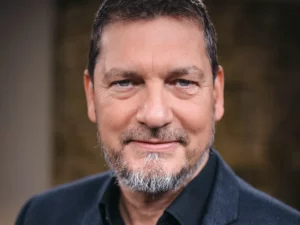
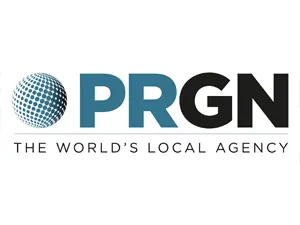
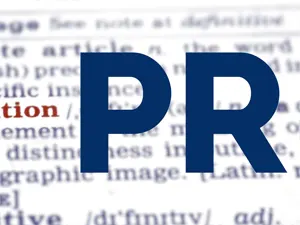
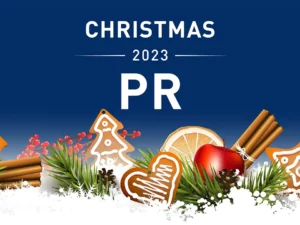
0 Comments